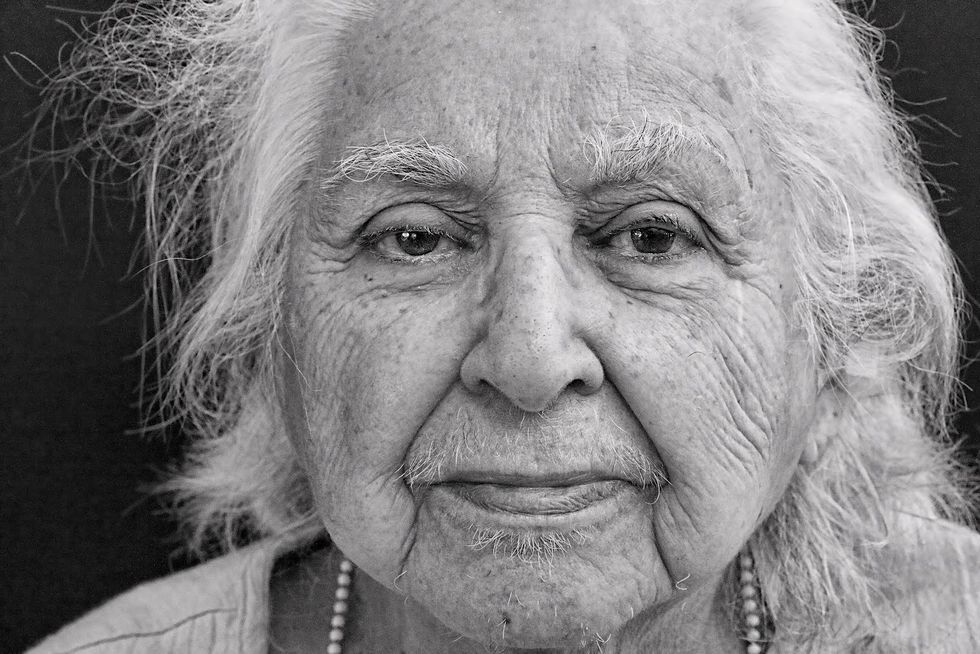I think kindly to myself; unless your mom is at least 113 years old; she is not alive. She's been gone for quite some time now. But you have Alzheimer's, you don't remember that. I would want to forget too if my mom were gone — At work. She's simply at work.
I smile, unfazed, and tell her her mom is at work. I continue rolling her, helping her put her shirt on and wash her up for the day.
"When will she be home?" She starts to sound more concerned.
I look deep into her eyes and say, "Do not worry, your mom will be back for dinner and you get to spend all day with me. She knows you're in good hands with me." We're going to have a great day.
I put my hands on her cheeks and smile; she searches my face as if she deep down knows better but a smile begins to spread, "OK, I am hungry" she grins at me.
"Me too, let's get breakfast. I have your favorite ready for you," I sing.
Lying? Technically. Yes, her mother isn't at work. She is dead. The chances of a 95-year-old's mother being alive are impossible. But saving a poor sweet woman from a meltdown and heartache saves myself a meltdown and heartache. Telling a demented woman her mother or father is at work is a lot easier than telling them the truth.
Why ruin a perfectly good morning? Why make the poor woman go through the loss of her mother as if she had just found out?
Stepping into her reality that her mother is alive is a lot less scary of a place than knowing my reality; her true reality.
On to my next patient.
"Good morning, Cynthia!" A little old man shakes his hands at me. Cynthia? I think for a second; Cynthia is his daughter.
I ask him how he slept and I help him get ready for breakfast. He slips back and forth from my reality to his. He asks me how I slept, if I had eaten yet, and worries about me just like any other good father.
But I don't correct him. My goal is to keep him as calm and relaxed as possible. Why derail him by telling him I am not Cynthia?
What difference does it truly make if he thinks I am his daughter or not? It's the difference between whether or not he gets dressed, gets clean or even eats. His belief that I am his daughter can change his day and happiness level. His comfort in the fact he believes I am his daughter can make him have a better day.
I become so many people during a shift: a mother, sister, babysitter, daughter.
Working with Alzheimer's and dementia patients gives you a whole new perspective. I've seen aides and nurses reply with "Your mom/dad is dead. I am not your daughter," and other things that can totally confuse and upset a patient. Upsetting a patient that much can destroy their day and cause behaviors and meltdowns that can be totally avoided by living in their reality.
Seeing something from their perspective can make or break the situation.
Living in their reality is a skill that should be mastered.
If you ever conversing with a dementia patient, keep in mind how important stepping into their reality can be. Keep in mind how you would feel if you were lost in your own mind.
How would you feel if someone told you your mom was dead when all you wanted was that love and security?






















